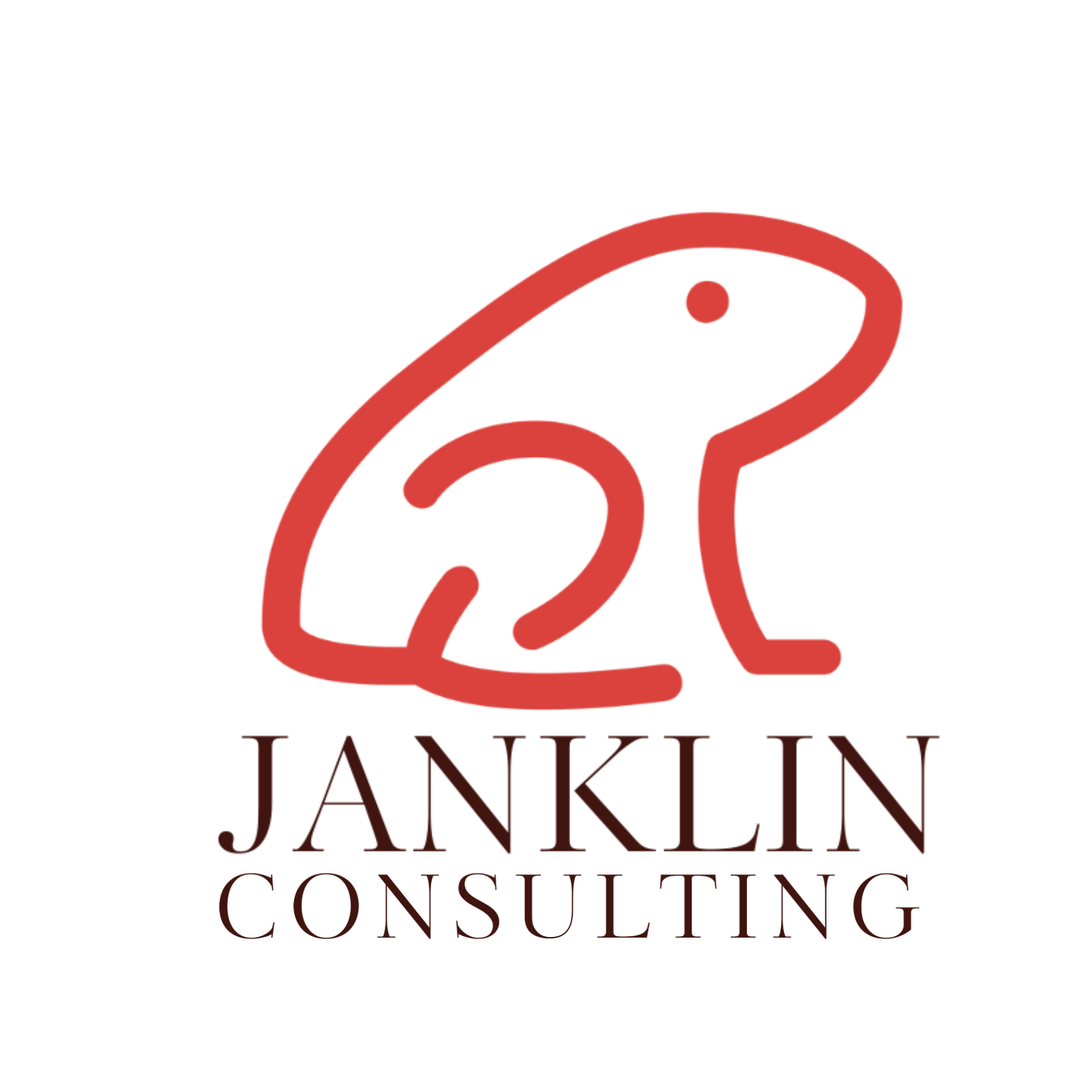Your Business Doesn’t Need Another Pandemic to Change It - It Simply Needs to Change.
“Crises and deadlocks when they occur have at least this advantage, that they force us to think.”
Jawaharlal Nehru
There is a term called “the science of resilience” found in the realm of psychological research and study. This particular science investigates how individuals process, handle and find resilience in adversity (Scientific American, 2020). A Harvard University psychiatrist likened the term to a “twig with a fresh, green living core . . . [that] when twisted out to shape, such as a twig bends, [it] does not break; instead it springs back and continues growing.” For many of us, we saw how the pandemic twisted our daily lives, bent our society and maybe for some of us, broke our businesses.
We watched the pandemic force some businesses to close. We saw how the pandemic allowed other businesses to open. And for many others, we stood amazed at how the pandemic provided a way for a businesses to change, adapt and survive. Restaurants defaulted to door-to-door food delivery. Community service organizations increased their social media presence and developed new websites. Corporations relied on at-home work. Processes that were never done or allowed before, overnight, became the new norm. Hard-pressed and twisted, businesses showed their resilience.
One thing is clear: if your business was able to adapt and change in the midst of a crisis, then you’re still able to adapt and change.
In a recent statement from Sean Fraser, Minister of Immigration, Refugees and Citizenship Canada, the government is pledging to take in 1.45 million immigrants by the year 2025 (Washington Post, 2022). Last year, Canada recorded immigration totals at almost 500,000, the highest in 150 years (Stats Canada, 2022). “We need more workers in every sector in every region of the country, regardless of whether it’s front-line workers, truck drivers, home builders or software engineers”, Mr. Fraser comments. While there aren’t enough people in Canada to fill the labour market shortage, it is important to prioritize people over our profit. If our workplaces and organizations are denying newcomers opportunities to work due to their ‘lack of Canadian work experience’ (see my October 2022 article here), how will we find resilience again? How will our businesses survive?
The reality is the pandemic changed us all. And companies must change too.
Incorporating Diversity, Equity and Inclusion (DEI) strategies are a growing part of that change in order to maintain our resilience, to transform our workplaces into dynamic cultures of inclusion and to ultimately sustain our workforce. Managers and HR Departments will need to give an international applicant their first Canadian work experience. Mental health support, an individual’s wellbeing and familial needs are the growing needs of an untapped workforce (Harvard Business Review, 2022).
An organization’s culture must be elastic, evolving and equipped to change in order to grow.
International talent, experience and leadership is in our neighbourhoods, at our schools, in our communities right now. And Canada must improve her posture when creating opportunities for those that come. The Temporary Foreign Worker (TFW) Program, while created to fill in labour shortages across Canada, surfaced to be primarily used for hiring international talent into primarily low-wage positions. Cooks, food supervisors, fish plant workers were the top three, low-wage occupations between 2017-2021 (Globe and Mail, 2022). While the TFW allowed foreigners to work in Canada, it grossly underpaid them and left many feeling strapped to those positions since their scholastic or occupational credentials would not be recognized or accredited to another high-paying job (CBC, 2022). Doctors are taxi drivers. Engineers are janitors. Collegiate professors are restaurant workers.
We must prioritize people over our profit. Because that is economic growth. That is humanitarian resilience.
Change. Evolve. Create. Expand. Take risk. Welcome the newcomer in your business and organization. Show the world how resilient you can be.
2022 Statistics of Immigration in Canada, Created by Janklin, October 2022

